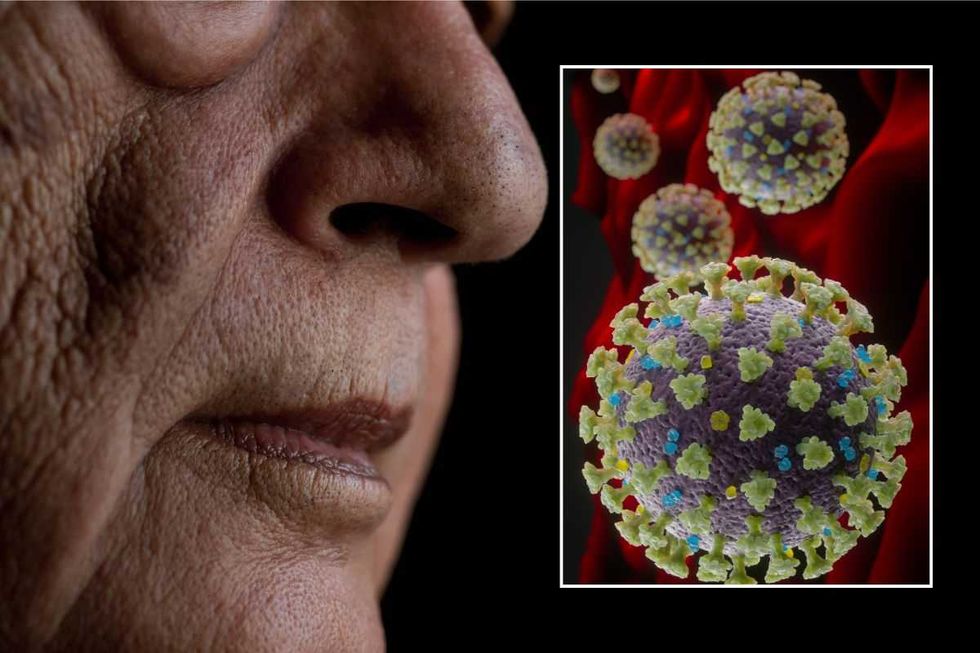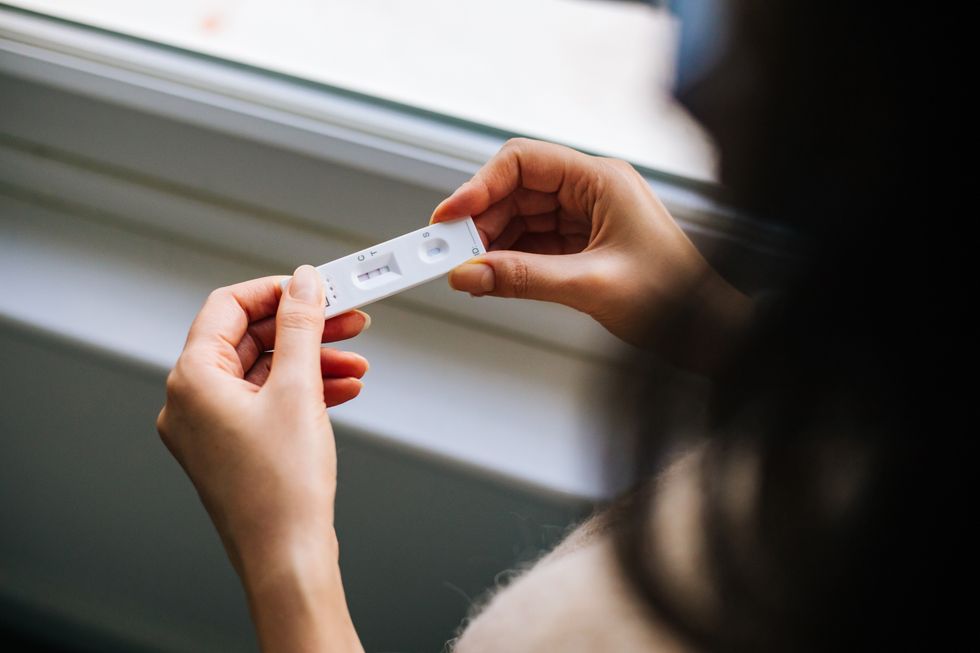Four in five who suffer changes with their smell after Covid face years-long struggle, scientists warn

An impaired sense of smell could cause further problems down the line, scientists have warned
Don't Miss
Most Read
Four in five individuals who experienced altered smell following a coronavirus infection continue to suffer from olfactory impairment nearly two years afterwards, a major investigation has found.
The research, conducted by America's National Institutes of Health RECOVER programme, discovered that 23 per cent of this group faced severe impairment or complete smell loss.
The findings emerged from the most extensive formal assessment of post-Covid smell dysfunction to date, involving 3,535 participants.
Researchers employed the University of Pennsylvania Smell Identification Test, a clinical scratch-and-sniff evaluation featuring 40 different odours, to objectively measure olfactory function rather than relying on patients' self-reported symptoms.
TRENDING
Stories
Videos
Your Say

An impaired sense of smell has connections to weight reduction
|GETTY
Perhaps most striking was the discovery that two-thirds of infected individuals who hadn't noticed any olfactory changes also demonstrated abnormal results on the clinical assessment.
This suggests widespread unrecognised smell impairment among those who contracted the virus.
The research team, supported by NYU Langone Health's Clinical Science Core, compared participants' test scores against a database of thousands of healthy volunteers matched by sex and age.
Olfactory capacity was classified into five categories ranging from normal function to complete loss.
Interestingly, researchers also found that 60 per cent of participants without Covid history who reported no smell issues similarly performed poorly on the evaluation, though study authors acknowledge potential misclassification due to limited universal virus testing.
"These results suggest that health care providers should consider testing for loss of smell as a routine part of post-Covid care," stated Professor Horwitz from NYU Grossman School of Medicine's Departments of Population Health and Medicine.
"While patients may not notice right away, a dulled nose can have a profound impact on their mental and physical well-being."
The professor highlighted that diminished olfactory function has established connections to weight reduction, decreased life quality and depression.
Additionally, those affected may face difficulties identifying hazards, including contaminated food, gas escapes and fire smoke.
Medical experts have also identified smell dysfunction as a potential early indicator of neurodegenerative conditions like Parkinson's and Alzheimer's diseases, which can impact the brain's scent-processing areas.
Scientists are currently investigating potential interventions to address post-Covid olfactory dysfunction, including vitamin A supplements and specialised smell training designed to reconfigure the brain's odour recognition pathways.
LATEST DEVELOPMENTS

Diminished olfactory function carries risks
|GETTY
Developing more effective treatments requires a deeper comprehension of how the coronavirus impacts the brain's sensory and cognitive mechanisms, Professor Horwitz noted.
The investigation did have certain constraints, with researchers not directly evaluating taste loss, which frequently occurs alongside olfactory problems.
The team also acknowledged that some participants classified as uninfected might have had undetected Covid-19 cases, potentially accounting for the unexpectedly elevated rates of smell impairment observed in supposedly virus-free individuals.
The study appeared in JAMA Network Open.
Our Standards: The GB News Editorial Charter











